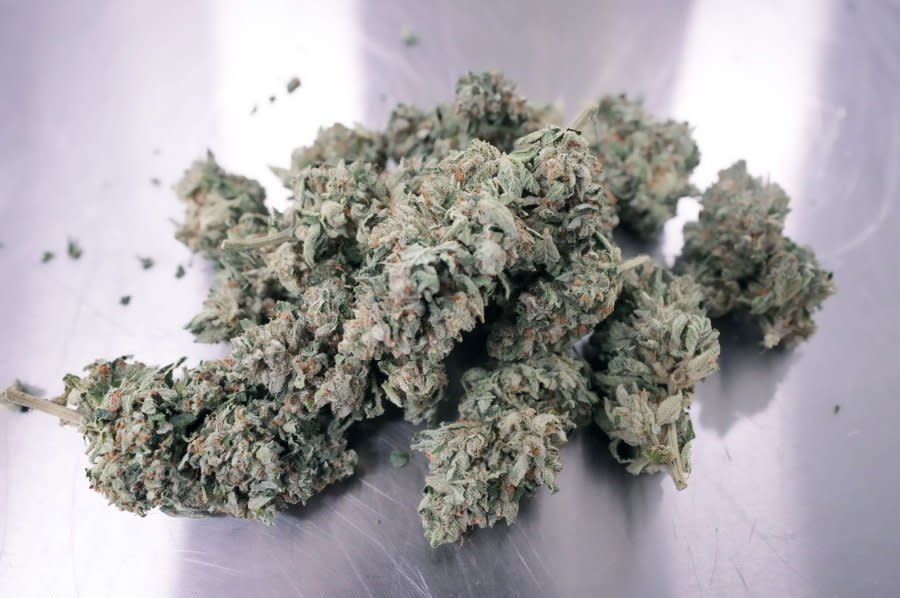Ohio to add November ballot measure to legalize adult-use marijuana

- Oops!Something went wrong.Please try again later.
Aug. 16 (UPI) -- Ohio's Secretary of State Frank LaRose announced Wednesday that a measure to regulate marijuana like alcohol, allowing for its recreational use, had been approved for placement on the general election ballot in November after a successful petition.
The Coalition to Regulate Marijuana Like Alcohol had submitted signatures from more than 222,000 Ohioans across the state last month but had come up short, according to a press release at the time.
"We have 10 days to find just 679 voters to sign a supplemental petition," coalition spokesman Tom Haren said in a statement last month. "This is going to be easy, because a majority of Ohioans support our proposal to regulate and tax adult use marijuana."
The coalition submitted a slate of 6,545 signatures to LaRose's office, more than enough to cover the missing signatures needed to get the measure on the ballot, earlier this month.
State officials have spent the last two weeks verifying the signatures with the petition and determined that there were 4,405 valid signatures in the new slate.
In order for a measure to be placed on the ballot under the state's constitution, petitioners must gather at least 3% of the total votes cast for the office of the governor in the latest election.
Additionally, a petition must have at least 1.5% of the total votes cast for the office of the governor in that county in at least 44 of the state's 88 counties.
"I will direct the boards of elections to place the proposed law on the November 7, 2023 General Election ballot," LaRose said in a letter Wednesday.
If voters approve of the ballot measure, adults in the state who are at least 21 years old can buy and possess 2.5 ounces of marijuana and 15 grams of cannabis concentrates. The law would also allow people to grow up to six marijuana plants a person with no more than 12 in a single household.
Marijuana products would be taxed at a rate of 10% and go to funding addiction treatment programs, jobs programs and to municipalities that have dispensaries for other uses.

